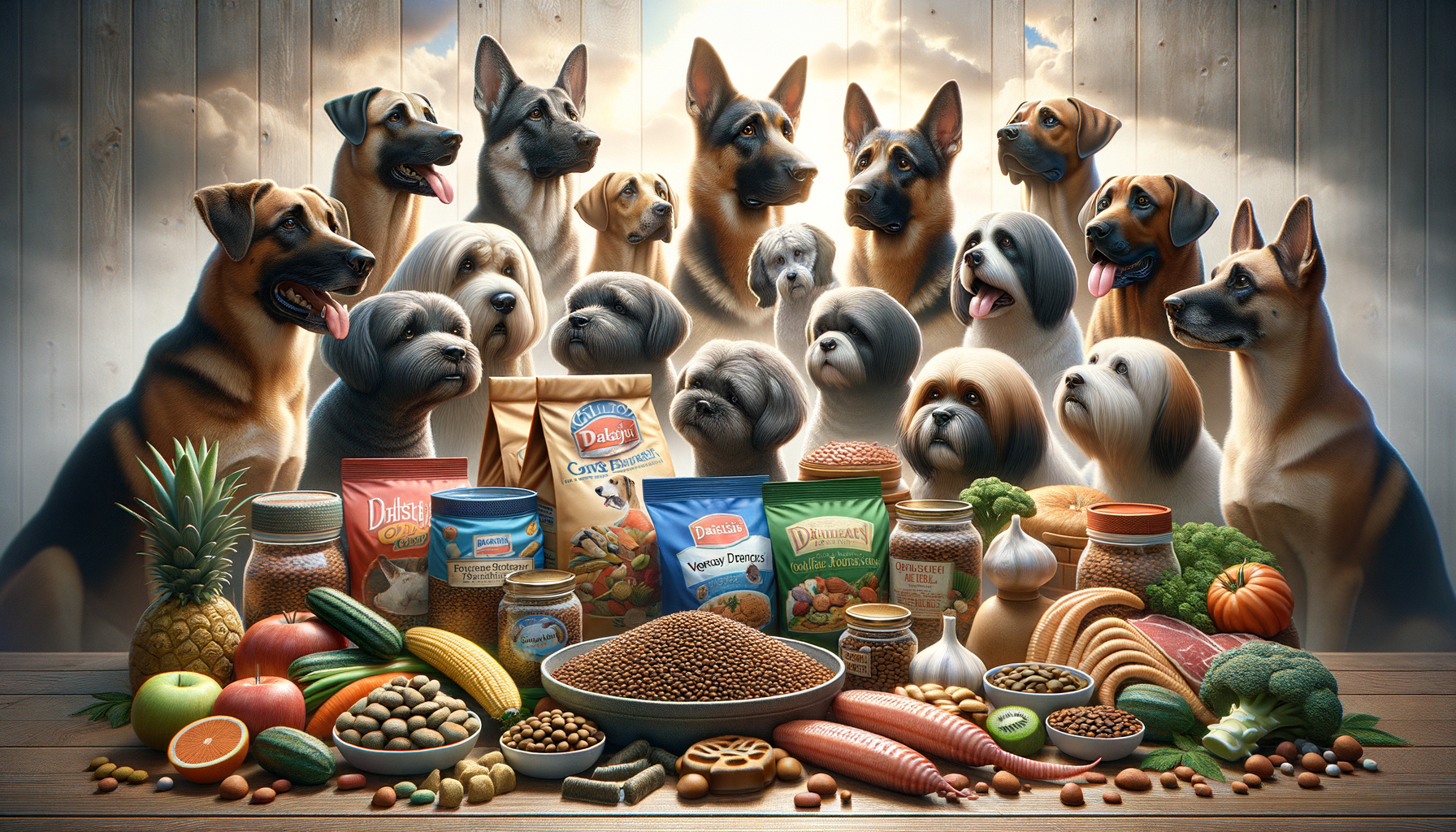
Understanding Dog Food Ingredients and Everyday Foods to Support Better Canine Care in 2025
Introduction to Canine Nutrition
Understanding the dietary needs of dogs is essential for their health and well-being. As we move into 2025, the focus on pet nutrition has intensified, with more pet owners seeking to optimize their dogs‘ diets. Proper nutrition is crucial for maintaining a healthy weight, supporting the immune system, and ensuring overall vitality. This article delves into the ingredients found in dog food and how everyday foods can play a role in enhancing canine care.
The Importance of Quality Ingredients in Dog Food
When it comes to feeding your dog, the quality of ingredients in their food is paramount. High-quality dog food typically includes a balanced mix of proteins, carbohydrates, fats, vitamins, and minerals. Proteins are essential for muscle development and repair, while carbohydrates provide the energy needed for daily activities. Fats are crucial for a healthy coat and skin, and vitamins and minerals support various bodily functions.
Choosing dog food with natural ingredients and minimal additives can significantly impact your pet’s health. Some common high-quality ingredients include chicken, beef, lamb, brown rice, sweet potatoes, and peas. These provide essential nutrients and are often easier for dogs to digest. It’s important to avoid foods with excessive fillers, artificial preservatives, and by-products, as these can lead to health issues over time.
Everyday Foods That Can Benefit Your Dog
Incorporating everyday foods into your dog’s diet can offer additional health benefits. Many fruits and vegetables, such as carrots, apples, and blueberries, are safe for dogs and provide essential vitamins and antioxidants. These foods can be used as healthy treats or supplements to their regular meals.
However, it’s vital to be cautious and informed about which human foods are safe for dogs. Some foods, like grapes, onions, and chocolate, are toxic to dogs and should be avoided. Always introduce new foods gradually and in moderation to prevent digestive upset. Consulting with a veterinarian can help tailor a diet plan that includes safe and beneficial everyday foods for your dog.
The Role of Supplements in Dog Care
Supplements can play a significant role in enhancing a dog’s diet, particularly for those with specific health needs. Common supplements include omega-3 fatty acids for skin and coat health, glucosamine for joint support, and probiotics for digestive health. These supplements can complement a well-balanced diet and address particular health concerns.
It’s essential to consult with a veterinarian before adding supplements to your dog’s diet, as excessive supplementation can lead to imbalances and health issues. A professional can help determine the appropriate type and dosage based on your dog’s individual needs and health status.
Conclusion: Enhancing Canine Care Through Nutrition
Proper nutrition is a cornerstone of effective dog care. By understanding dog food ingredients and incorporating safe everyday foods, pet owners can significantly enhance their dogs‘ health and quality of life. As we continue to learn more about canine nutrition, it’s crucial to stay informed and consult with professionals to ensure that our furry friends receive the best possible care. Prioritizing high-quality ingredients, safe everyday foods, and appropriate supplements can make a remarkable difference in the well-being of our canine companions.